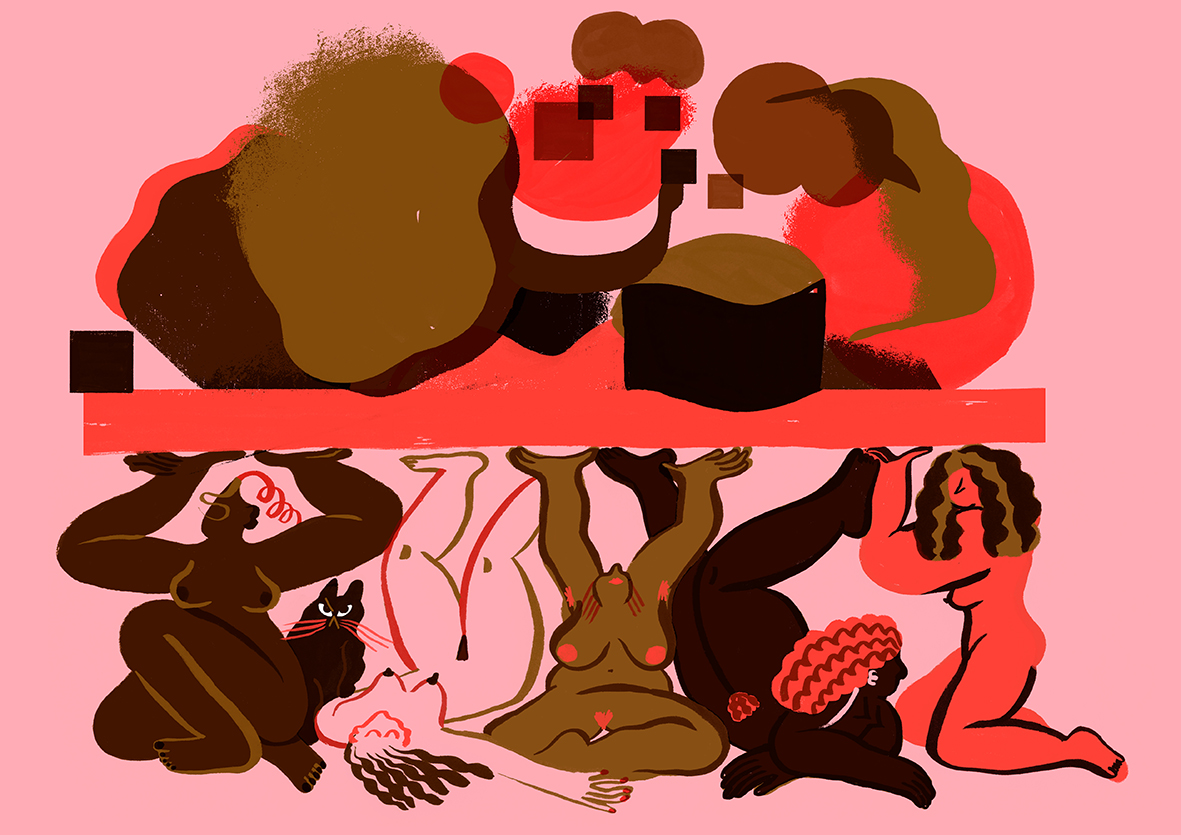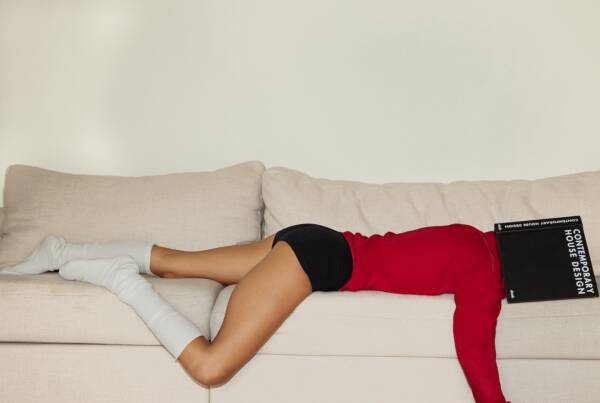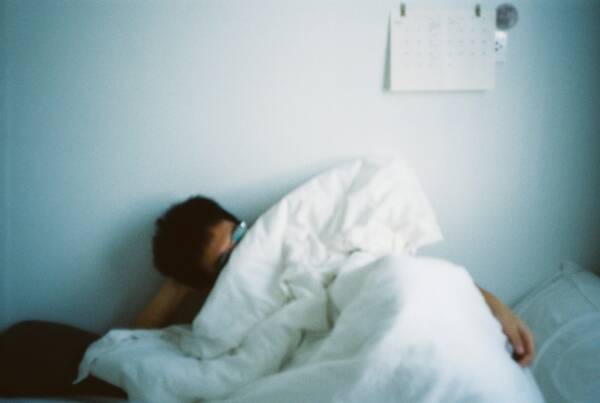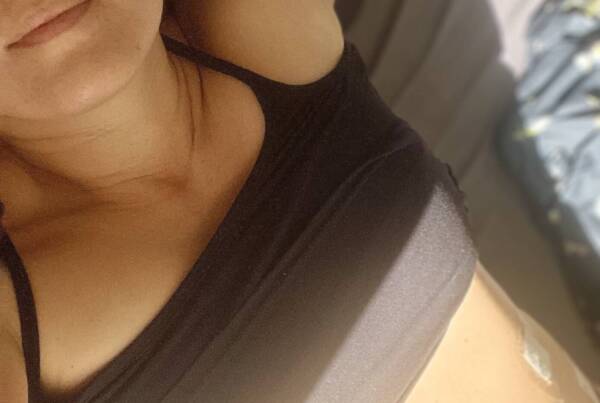Writing by Julia Anderson // Illustration by Franz Lang
I remember the first time I got my period. I was on holidays at my grandparent’s house. It was stinking hot and humid. I remember seeing blood in my undies but it didn’t freak me out. I knew what was coming and what had just happened to my body. I felt strangely soothed. It wasn’t a secret in my family, as my Mum had a healthy approach to women’s bodies. I remember my Grandma telling me that when she was young they used old cut up rags, attached to string and washed them every month. I was horrified.
In this patriarchal culture, women are implicitly encouraged to be ashamed of their menstrual cycle and whatever comes along with it. I used to hide the fact I was buying pads or tampons. I now have no shame mentioning the word period and I speak about menstruation to anyone who wants to. I no longer whisper to friends “Do you have a tampon?” One time when I was 19, I was sitting in a lecture theatre and dropped my tampon under someone’s seat. I acted mortified, because I thought that is what you are meant to do, but actually, I didn’t really care.
Blood never concerned me. I was more worried about my ever-changing moods during that time of the month. I had a temper at times, like any hormonal teenager, but right before my period I would snap at everyone. I couldn’t control my anger and friends would tease me at school. They thought it was hilarious. I would cry at the drop of a hat. Once, when buying some chocolate from the school vending machine, I cried hysterically because the chocolate wasn’t dispensed. I was confused by my emotions and didn’t know how to control them. Without playing into the stereotypes, every month my pre-menstrual blues made me think the world was ending.
Last year I started using the app, Clue, to track my period and moods, along with how much sleep I got, how irritable I felt, how sociable I was and my digestion – among other things. It dawned on me that there was a distinct pattern to these moods and physical symptoms. I mentioned PMDD to my doctor and that the same time every month I feel depressed, anxious, don’t sleep well and feel fatigued. Basically I feel anti-social, demotivated and want to inhale whatever chocolate, carbs or salty stuff I come across. She told me that I probably do have it, but as with any diagnosis there is no one-hundred per cent certainty. PMDD is usually diagnosed by doctors and mental health professionals through charting a women’s moods and physical symptoms on a monthly basis. I do feel disappointed that my hormones let me down, that they skew my perspective once a month. A lot of women’s issues are swept under the rug, PMMD isn’t the exception. According to the 5th edition of the Diagnostic and Statistical Manual of Mental Disorders PMDD is defined as:
“In the majority of menstrual cycles, at least five symptoms must be present in the final week before the onset of menses, start to improve within a few days after the onset of the menses, and become minimal in the week postmenses. One (or more) of the following symptoms must be present:
- Marked affective lability (e.g., mood swings, feeling suddenly sad or tearful, or increased sensitivity to rejection).
- Marked irritability or anger or increased interpersonal conflicts.
- Marked depressed mood, feelings of hopelessness, or self-deprecating thoughts.
- Marked anxiety, tension, and/or feelings of being keyed up on on edge
One (or more) of the following symptoms must additionally be present, to reach a total of five symptoms when combined with the symptoms above.
- Decreased interest in usual activities (e.g., work, school friends, hobbies).
- Subjective difficulty in concentration
- Lethargy, easy fatiguability, or marked lack of energy.
- Marked changes in appetite; overeating; or specific food cravings.
- Hypersomnia or insomnia
- A sense of being overwhelmed or out of control
- Physical symptoms such as breast tenderness or swelling, joint or muscle pain, a sensation of bloating or weight gain.”
There is little research done on PMDD, which is extraordinary, Women’s moods are often trivialised, or worse, when a woman is in a bad mood someone says “Oh, she must be on her period.” There is no attempt to understand why. Ancient Greek philosopher, Plato, believed women’s wombs were erratic and wandered aimlessly around the body. ‘Hysteria’ was a blanket description for women who were moody and emotional. According to recent studies 15% of women with PMDD attempt suicide So next time someone says they feel shit because of their period, offer them support. Ask them if there is anything you can do to help? Or just give them a hug because sometimes all you need is to be held and acknowledged. Periods and PMDD need to be openly talked about. There is little current research in psychology, exploring hormones and women’s moods, with the exception of post-natal depression.
There are apparently about 5,000 euphemisms for menstruation. For something that effects over 50% of the population at some point in their life and is purely natural, why do we are we still talking in code? Why do ads for pads and tampons feature blue dye? Why do people refer to tampons and pads as ‘sanitary products’ as though women are unclean? And most infuriatingly why are they taxed by government as ‘luxury’ goods*?
If your life is in danger: call 000 (Emergency services)
If you are thinking about suicide or experiencing a personal crisis help is available
Call Lifeline: 13 11 14 (24 hours a day)
WIRE Women’s Information: (03) 9348 9416
Women’s Health and Research Institute of Australia (WHRIA): 1300 722 206
Kids Helpline: 1800 55 1800
Headspace: (03) 9027 0100
*this has just been scrapped







